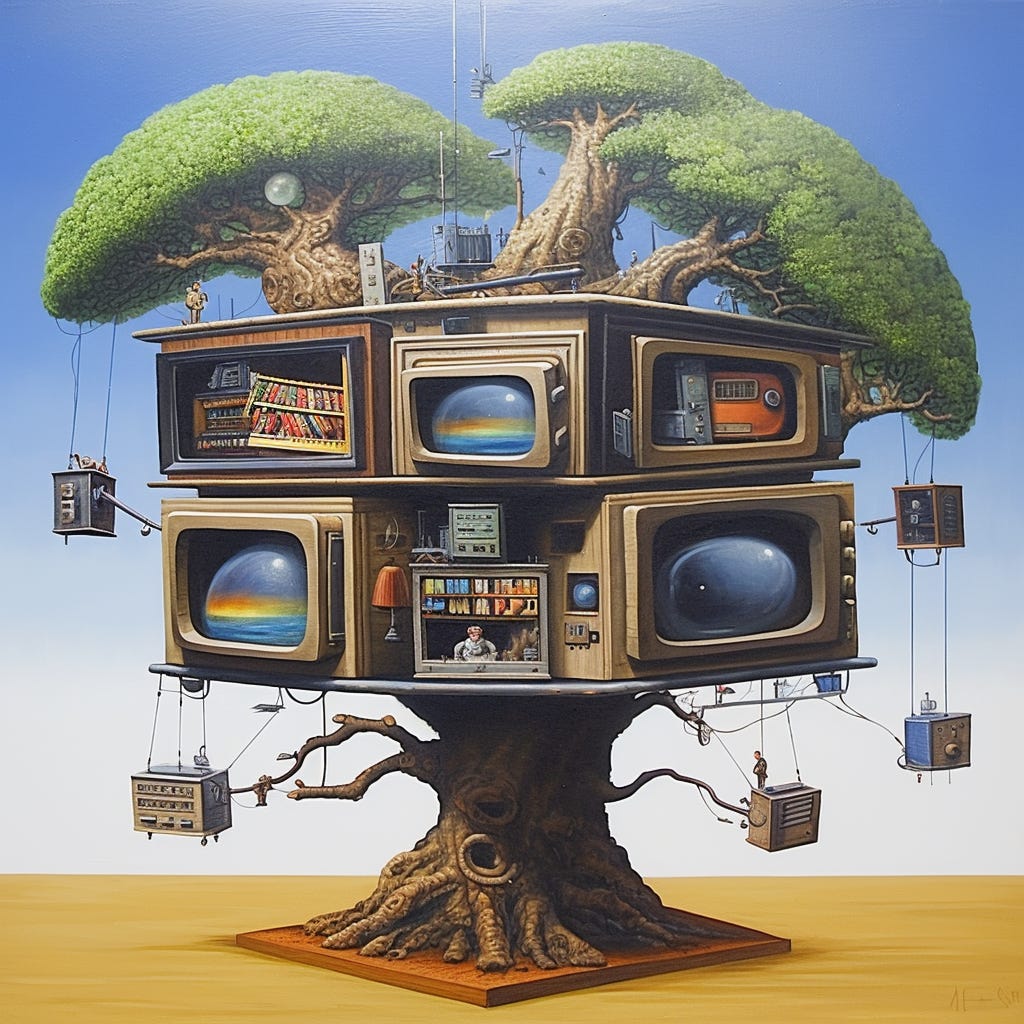If you’re not confused, you’re not paying attention.
- Tom Peters, Thriving on Chaos
So, IF climate change is happening – which it is – and IF it’s a bad thing – which it generally is – and IF people are responsible for it – which we are – then why haven’t we done anything to stop it? Seems like a no-brainer, right?
Well, stopping bad habits can be tough.
I chewed smokeless tobacco for over ten years for the simple reason that most everyone I knew in the army chewed as well. On my first Afghanistan tour, the senior non-commissioned officer in my platoon coached me on how to keep a dip in all day. This was a man who slept with a plug in his lip. He would wake up, spit out the tobacco to eat breakfast, then brush his teeth and immediately tuck in a fresh pinch. Tobacco helped me stay alert while getting orders in fifty-degree heat or on patrol. Plus, for a time, chew was like currency on Kandahar Airfield and fueled a barter economy what with all the tins that got sent from home, albeit they arrived months late.
It was when I came home that my habit took off. I’d chew at the firing range and on long drives and near everywhere else. Tobacco helped me get through the Canadian Pathfinder course and special forces selection and every deployment of my career. When my lower lip got aggravated and sore, I’d shift the chew to my upper lip, a little trick I picked up in battalion. I kept up the habit after I found white spots on my tongue and gums and freaked out that I had cancer. By then, tobacco had become a crutch, so not even a health scare could make me stop. I’d associated tobacco with everything I did as a soldier and didn’t how to stop or where to begin.
When I did finally quit, I had to break the process into parts. Baby steps, right? First, I had to admit I had a problem, which meant talking to the military doc. Second, I had to change my routine, which meant relearning behaviors, and third, I had to use nicotine gum to handle the cravings, which over time became another addiction to quit. I succeeded, in the end, although it took years and was one of the hardest things I’ve ever done, and this was an easy problem because I knew the exact solution: Just. Quit. Chewing.
When it comes to climate change, we have tried to stop it, or at least some people have and they continue to try, like Elizabeth Wathuti, who created the Green Generation Initiative to nurture young people’s understanding of environmentalism and also to foster a culture that grows trees1. But climate change isn’t a simple problem like quitting smokeless tobacco and I’m not stupid enough to pretend that weaning myself off delicious berry Skoal is anywhere close to society weaning itself off fossil fuels. Climate change is a wicked problem in the sense of it being awesome, or overwhelming, although a case could also be made for wicked in the sense of evil, or bad, or working to bring balance to the universe by using six pretty stones to kill half of all life.
In any case, the easiest way to describe a wicked problem is that it’s difficult or even impossible to solve2. There are often large numbers of people and organizations involved, all with different opinions and, more importantly, motivations. What’s known about the problem may be incomplete or even contradictory. Plus, the problem may be linked to other social, political, and environmental issues that may be complex in and of themselves.
There’s also a thing called ‘super-wicked problems3,’ which have all the same features of wicked problems, as well as finite time in which they can be solved, not to mention the lack of a central authority who can coordinate the efforts of stakeholders that would be needed to make any sort of change. See, the thing is, scientists don’t know exactly how much time is left to act on climate change because it’s not clear cut. The planet is a massive, complex system, and there are time lags between what we do and when those actions have effects4. What that means is that humanity is in a race where we don’t know how much time remains on the clock.
A wicked problem like solving climate change, then, is basically like herding super-charged cats.
One challenge common to all wicked problems is identifying where to begin, and this is especially true with climate change and using service to others to help our communities prepare. The problem is simply so huge and complex. Plus, it doesn’t help that there’s no set way to tackle wicked problems since there’s no guarantee they can be solved. Each one is different, and to even have a hope of cracking their individual codes, they have to be understood.
One way to do that is to break topics down into bite-size chunks, which when applied to why we haven’t done anything about climate change means looking at all the reasons that obstruct meaningful action. This includes factors such as politics, economics, resources, information and migration, which is what we’ll look at next.
Green Generation Initiative, ‘What We Do,’ www.greengenerationinitiative.org, https://greengenerationinitiative.org/what-we-do/, accessed November 15, 2021.
Kolko, J. “Wicked Problems,” Wicked Problems: Problems Worth Solving, https://www.wickedproblems.com/1_wicked_problems.php, accessed 2 Jun 2023.
Levin, K., Cashore, B. Bernstein, S., and Auld, G. “Overcoming the tragedy of super wicked problems: constraining our future selves to ameliorate global climate change,” Policy Sci 2012, 45: 123-152, p. 124.
NASA, “Is it too late to prevent climate change?” Global Climate Change, https://climate.nasa.gov/faq/16/is-it-too-late-to-prevent-climate-change/, accessed 10 Nov 2020.








